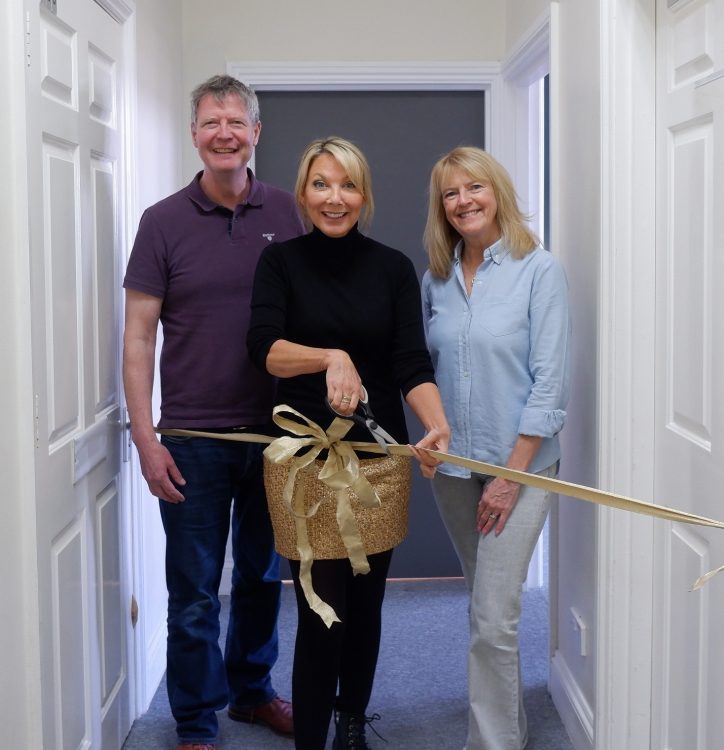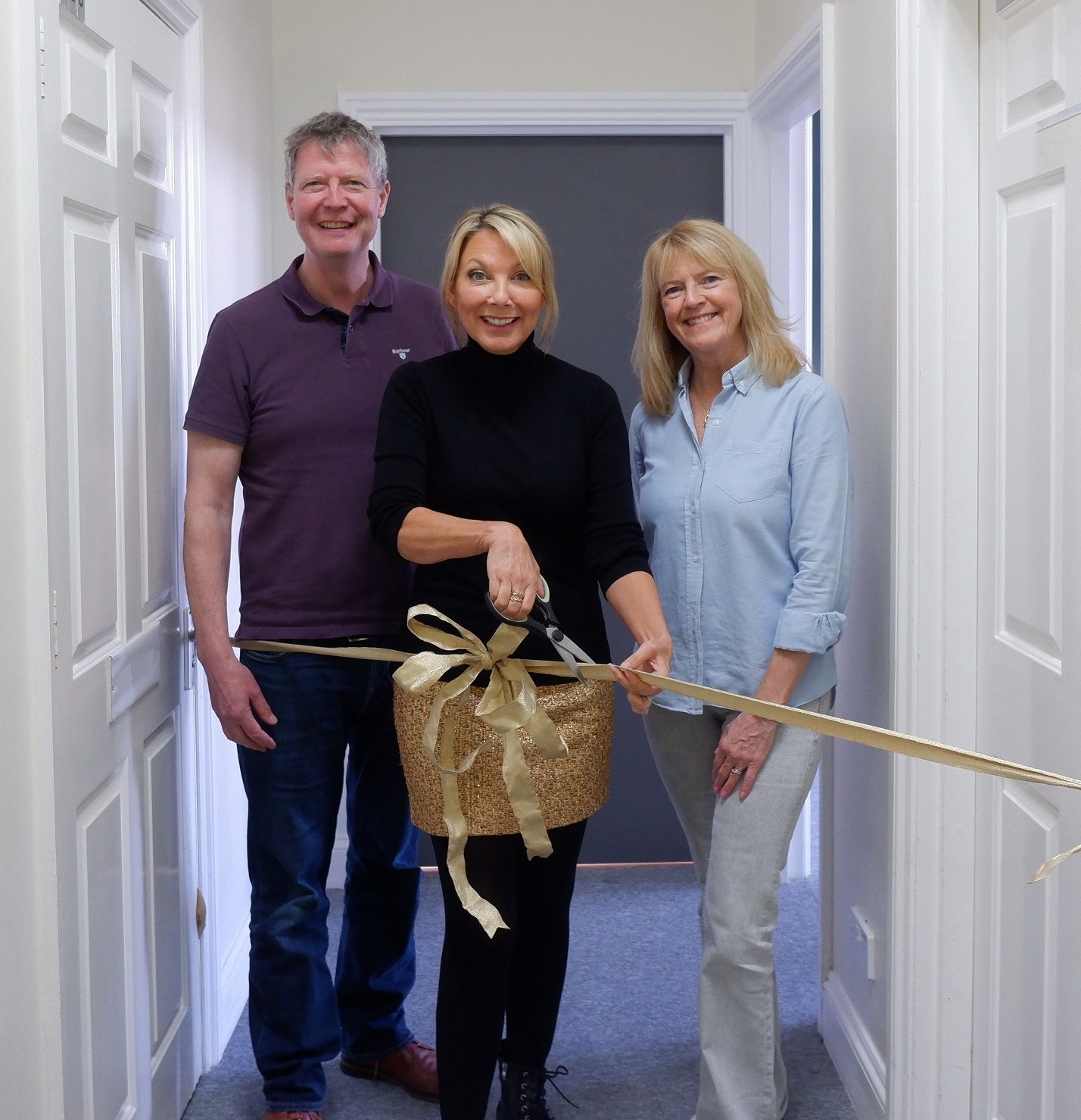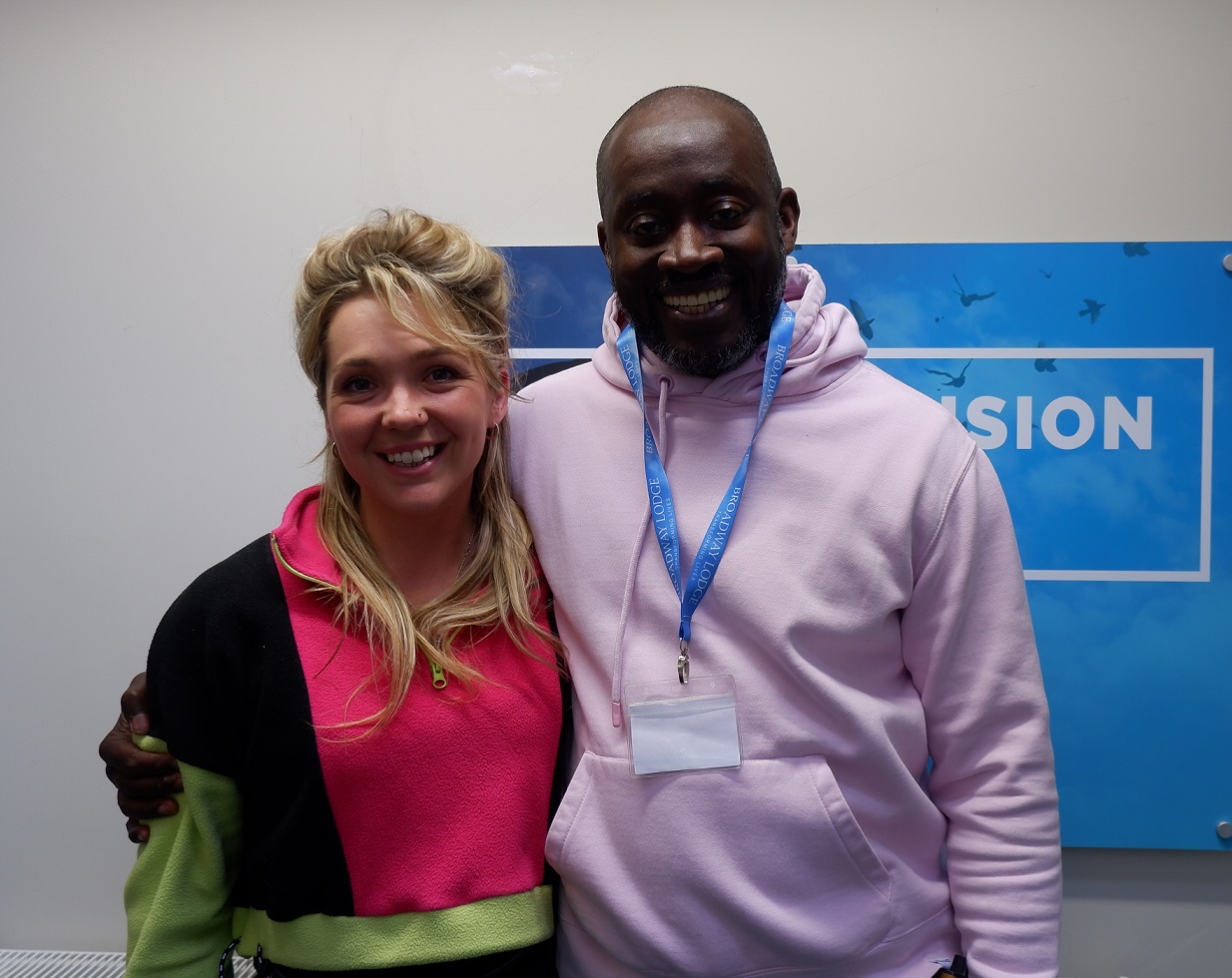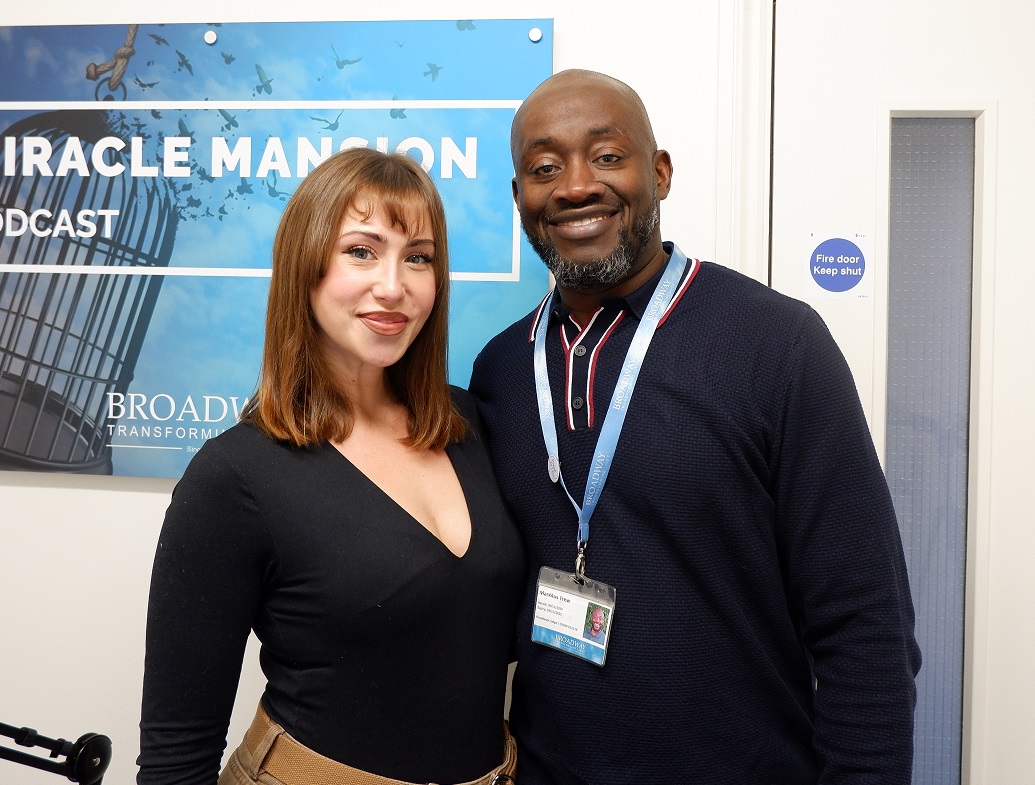Suicide is never anything less than a tragedy, so join Broadway Lodge on the 10th of September for World Suicide Prevention Day and reach out to people who may be struggling to cope in their lives.
More than 800,000 people take their lives each year across the world, and in the UK and Republic of Ireland alone more than 6,000 people die by suicide a year – an average of 18 people a day. Those deaths can be prevented, but only if we reach out and let people know that it’s okay to talk. If we take a minute, we can change a life.
That’s the theme of this year’s annual awareness raising event, organised by the International Association for Suicide Prevention and the World Health Organisation. They’re encouraging everybody to let people know that #ITSOKAYTOTALK.
Though it may seem like a small thing, reaching out to those going through a difficult time can cut through the darkness and make a meaningful difference. Those who are feeling low, depressed or suicidal often feel worthless, unloved and as though no-one cares about them.
If you suspect that somebody in your life, no matter how distantly involved, is struggling with depression, getting in touch, talking to them and listening can make a huge difference.
Much like addiction, depression and suicidal thoughts are something which can affect each and every one of us – regardless of our situation in life. In those moments, it can feel impossible to open up about how you feel. It can feel shameful and self-pitying to be that low, and so talking about it with other people just isn’t an option.
That’s why it’s so important that we take the time to break down the barriers and have those sometimes-difficult conversations with the people who matter to us. Nobody has all the answers, but just being there and listening with kindness can help release the burden so many struggling with depression deal with.
Opening that dialogue isn’t always easy, so we’ve prepared a few helpful tips to help you get started:
- Find a good time and place for the conversation in a place the person feels safe and has time to talk. That could be in a café over a cup of tea or on a park bench, but it needs to be somewhere they feel comfortable.
- Listen with care when they speak and ask gentle questions. You’re not there to tell them anything, you’re there to listen to what they have to say. If you find yourself at a loss of where to take the conversation next, ask open questions like “how did that feel”, “where did that happen” or “when did that start?”. Or you can be honest and just say that you don’t know what to say but you want to support them.
- Check that they know where to find help, asking questions like “have you talked to anyone about this?”, “would you know who to talk to?” and “do you want me to come with you?”
- Let them make their own decisions. If they don’t want to get professional help, let them know that you think it’s the right thing to do, but don’t apply too much pressure.
Ultimately though, these conversations are going to be a deeply personal experience, and you should trust your own judgement in these matters.
What’s crucial, however, is that you make the effort. Together, we can help to dramatically reduce the number of suicides.












